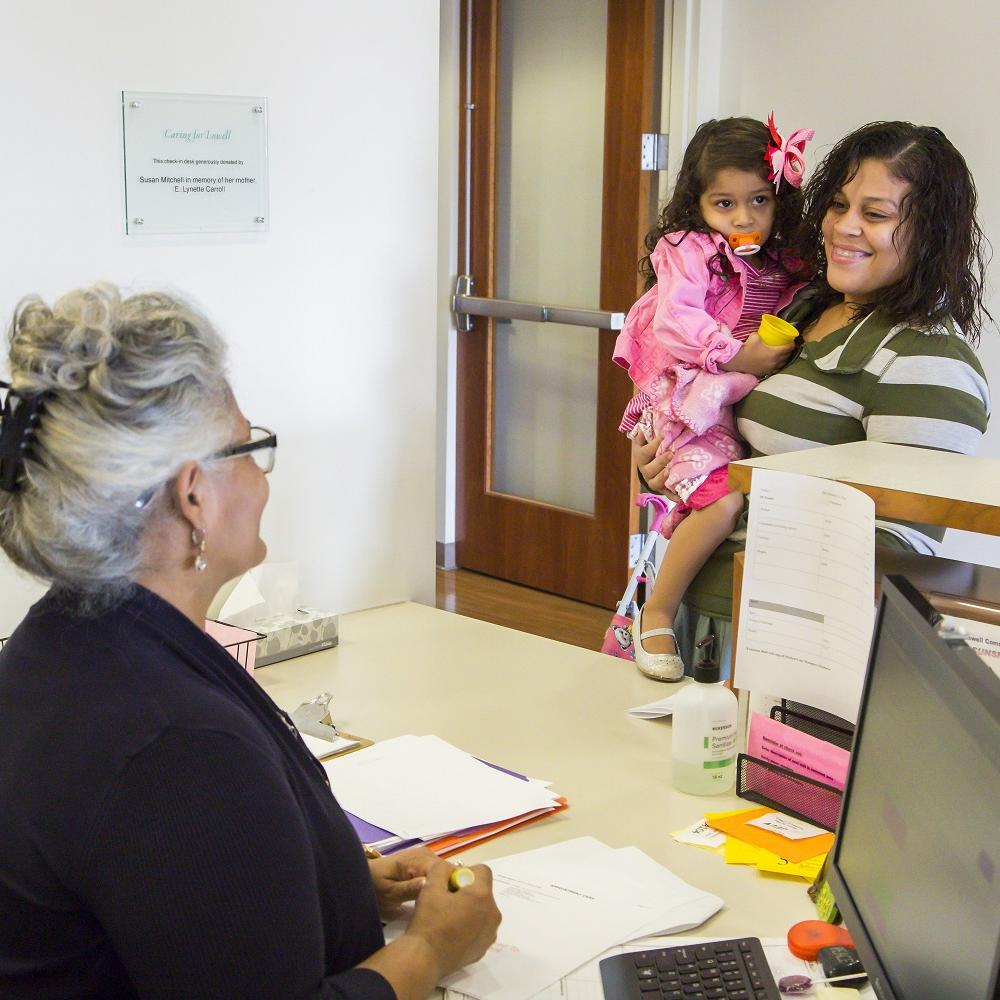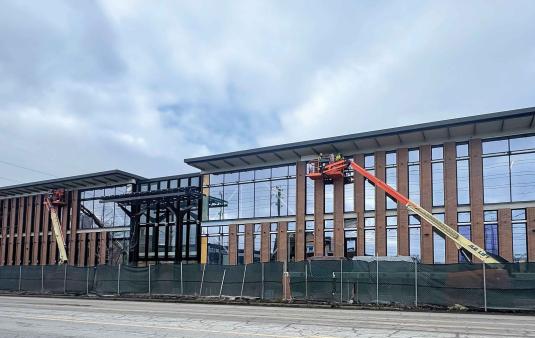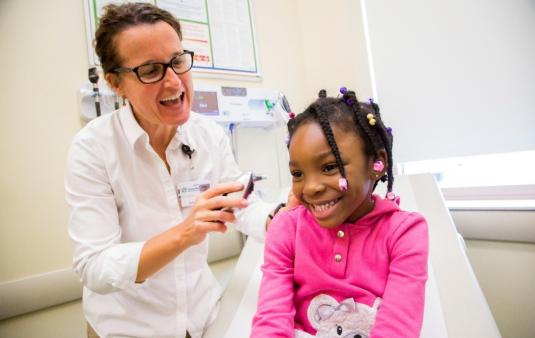Community health centers were born during Lyndon Johnson’s war on poverty. The goal: to bring healthcare to medically underserved areas—typically either urban or rural—as a simple matter of social equality. At first, doctors and nurses donated their time, often establishing makeshift clinics in housing developments. Eventually, with increased levels of federal funding, community health centers started to rent low-cost space, establishing clinics within the communities they served.
Such was the case for the Lowell Community Health Center (Lowell CHC). Founded in 1970, it is the only federally qualified health center in Lowell. With 28,000 primary care patients and 50% of Lowell’s population accessing their services, Lowell CHC provides vital healthcare to a low-income population that is overwhelmingly immigrant. Indeed, Lowell CHC has been recognized for delivering health services in a culturally sensitive manner.
However, accessing those services has not always been convenient for patients. Until recently, Lowell CHC was housed in eight separate buildings around Lowell. As Chief Executive Officer Sue Levine explains, that disaggregated approach was difficult for their patients.
“Someone who is taking time off from work to see their primary care physician can’t just go across town to get their lab work done; they don’t typically have an abundance of sick leave. The more services we can provide in one location, the greater the access our patients have.”
Funding from the American Reinvestment Act enabled Lowell CHC to move into a single building. Now with New Markets Tax Credit funding made possible in part by a leverage loan from BlueHub Capital, Lowell CHC is expanding its footprint into an adjacent building, adding crucial dental and vision services.
Discussing dental care, Levine declares, “We’ve had an access problem.” A survey conducted in 2014 showed that among Lowell CHC patients surveyed, 82% of children ages 6 to 9 had untreated cavities and over 50% of adults hadn’t seen a dentist in the previous year. Why? Dental providers are not compelled to accept Medicaid, the insurance vehicle for 70% of Lowell CHC patients (another 6% have no insurance); Lowell CHC accepts both Medicaid and those uninsured patients.
Despite Lowell CHC’s compelling need for this expansion, it wasn’t simple.


